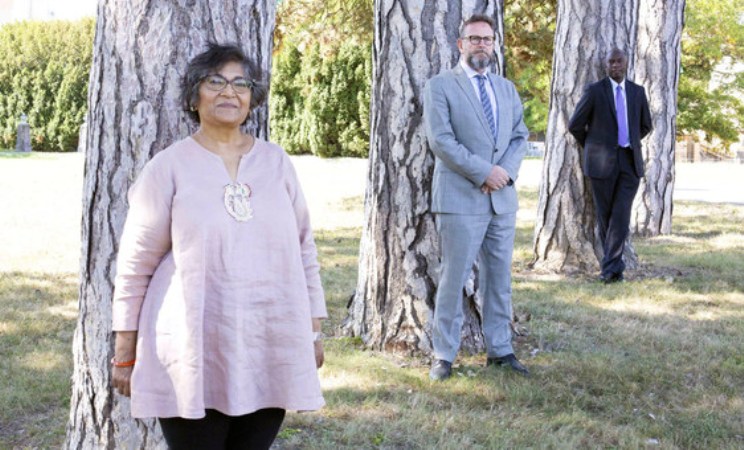UN warns of mass violations, repression in South Sudan
March 2, 2024 (GEVENA) – A new United Nations report has warned of the unchecked mass violence and entrenched repression in South Sudan, saying it threatens the prospects of durable peace and human rights protections.
The report from the Commission on Human Rights in South Sudan was presented to the United Nations Human Rights Council in Geneva, Switzerland on Friday.
It said the South Sudanese government must urgently address these violations and live up to the hopes of the people and commitments of the peace agreement.
“Our investigations again found an absolutely unacceptable situation in South Sudan, whereby families and communities are devastated by human rights violations and abuses by armed forces, militias, and State institutions acting with impunity. Further, the media and civil society groups operate under intolerable conditions which stifle democratic space for the population at large,” said Yasmin Sooka, the chairperson of the Commission that was established in March 2016.
“The drivers of violence and repression are well known, and while commitments have been made to address them, we continue to see a lack of political will to implement the measures necessary to improve millions of lives,” she added.
South Sudan’s immediate and long-term future hinges on political leaders finally making good on their commitments to bring peace, and reverse cyclical human rights violations, the Commission noted in the report.
The report draws on investigations undertaken in South Sudan and the neighbouring region throughout 2023, involving hundreds of witness interviews and meetings, expert open source and forensic analysis and dozens of engagements with State authorities.
The findings detail the persistence of armed conflict whereby State actors have either instigated or failed to prevent or punish violence, which frequently involves killings, sexual and gender-based crimes, and the displacement of civilian populations.
The Commission also identifies the use of children in armed forces, the State’s systemic curtailment of media and civil society actors both in and outside of the country, and the diversion of available State revenues from rule of law, health, and education institutions.
Measures to address conflict drivers and human rights violations are laid out in the 2018 Revitalized Peace Agreement, which is scheduled to conclude following the country’s first elections which are planned for December.
“The transformative promises of the Revitalized Agreement remain unfulfilled, jeopardizing prospects for peace and human rights protections,” said Commissioner Barney Afako.
“The process of merging forces is not yet completed, the drafting of a permanent constitution has not started, and none of the three transitional justice institutions are established,” he added.
According Commissioner Afako, time is running out for South Sudan’s leaders to implement key commitments, which are the building blocks for peace, for holding the country together, and advancing human rights beyond the elections.
The report finds that patterns of violations remain unchanged, ever increasing because the root causes remain unaddressed. Abductions of women and children in Jonglei State and the Greater Pibor Administrative Area appear to be worsening in scale and severity, frequently involving horrific sexual violence and the separation of parents from children. The Commissioners visited these regions last month, spoke with survivors, and delved deeper into the harrowing issues of abductions, forced displacements, sexual slavery, and ransoms.
In 2023, authorities paid ransoms to captors in exchange for the release of abductees, which risks incentivizing the recurrence of crimes. Many women and children are still missing; other abductees are held hostage as authorities fail to effectively intervene. The perpetrators of abductions previously documented by the Commission had not been punished.
“The persistent failure to build a justice system implicates the State in these violations,” said Commissioner Carlos Castresana Fernandez.
He added, “There is no protective institution between the people and criminals, and it is no coincidence that areas most affected by abductions and other gross violations have few courts and judges, if any. Developing a functioning judiciary is an inter-generational project that must urgently start in earnest.”
The report is accompanied by a detailed paper published by the Commission on 5 October 2023, examining in detail the persistence of attacks against journalists and human rights defenders, and pervasive regimes of media censorship and arbitrary restrictions on civic activities, which systemically curtail the democratic and civic space.
The Commission on Human Rights in South Sudan is an independent body mandated by the UN Human Rights Council.
(ST)

